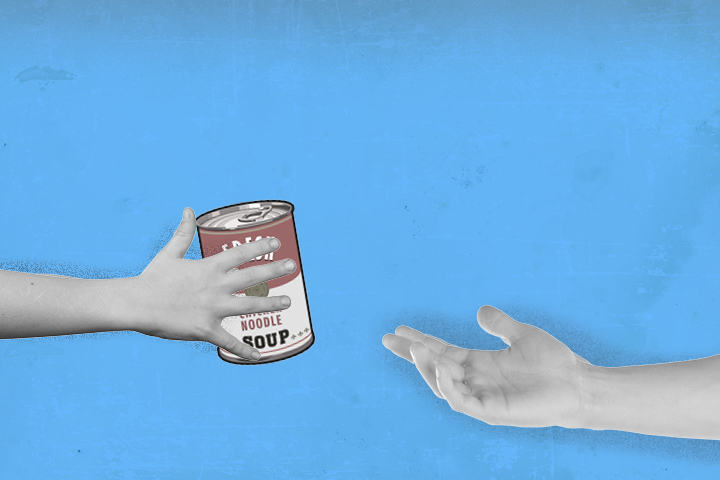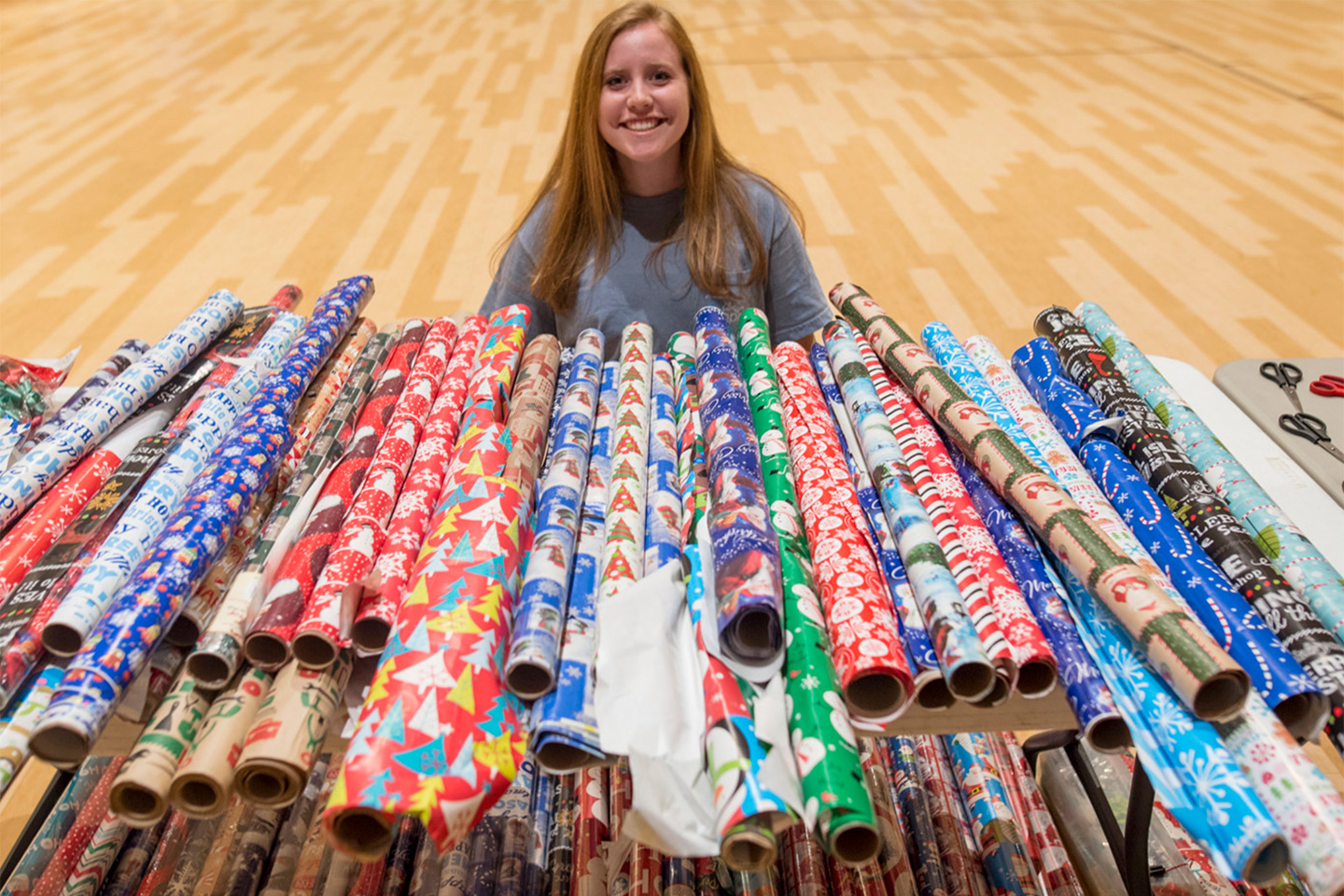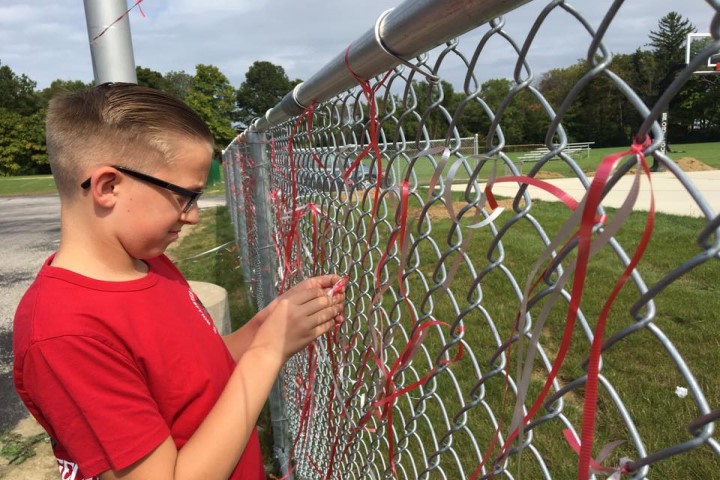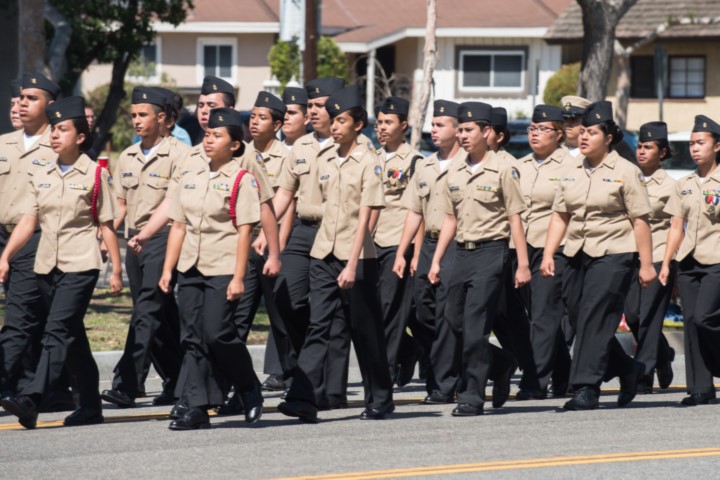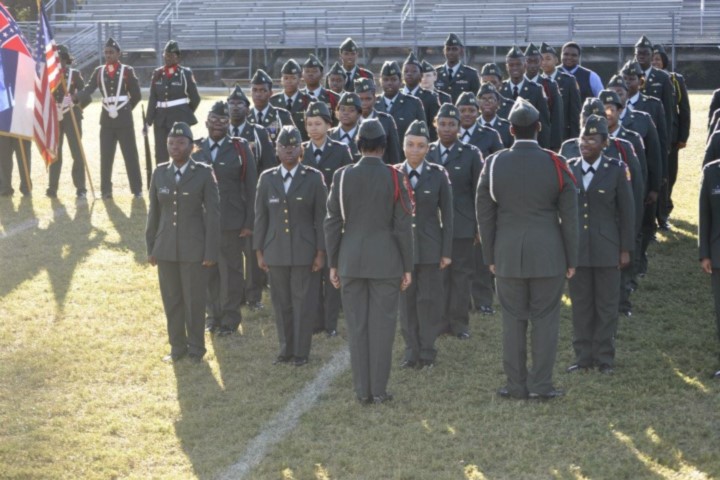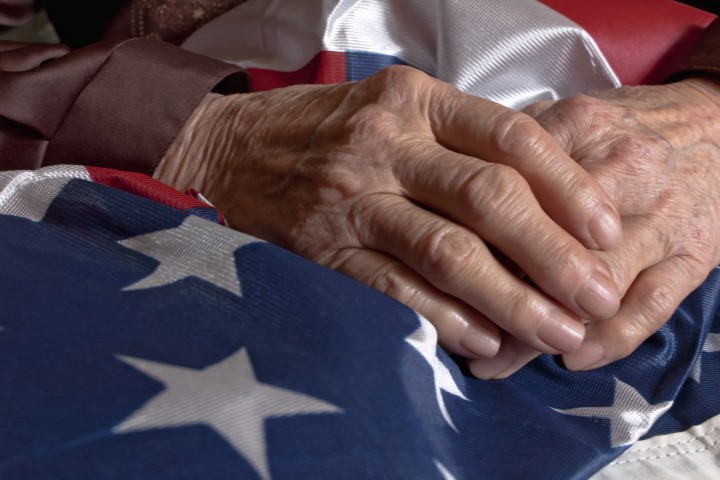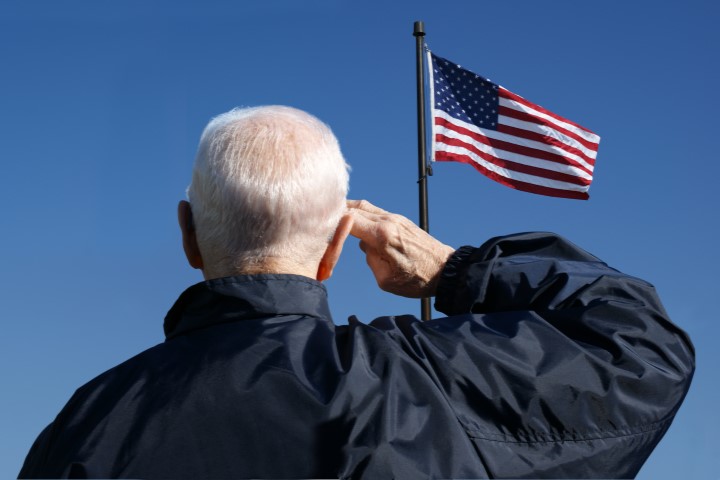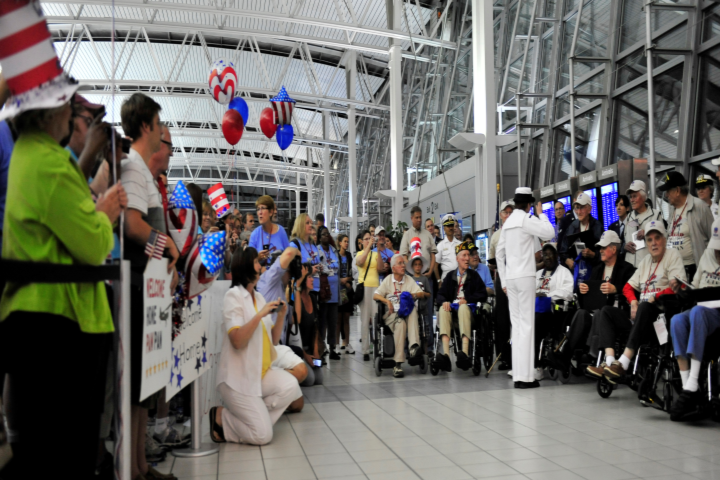This article was originally published on Jan. 26, 2018. It has been updated with new artwork.
Clemson University sophomore Price Crenshaw is on a mission that she says was inspired by her faith—a mission to serve.
“These were very vivid dreams that consisted of a layout and everything,” she told Clemson University Relations. “This kept happening every night for two weeks, so I decided to do something about it.”
The education major explained it all began with her grandfather, Robert McLoud, a 1966 Clemson alumnus who died in a battle with pancreatic cancer in 2015. Crenshaw was raised by her mother and grandfather, and his death left her searching for answers about her own future.
After high school, Crenshaw said she focused on mission work and outreach to the homeless in her hometown of Charleston, and didn’t initially plan to attend college. “The heart I had for the homeless made me lose sight of wanting to go to college. I just hated the thought of spending money, going into debt and pursuing a career for my own gains,” she said. “But the Lord was not going to let me not go to college.”
That’s when Crenshaw attended a speech by Emily Hoisington, founder of Charleston Hope, an education nonprofit that supports teachers and students in Title 1 schools. Hoisington’s talk sparked Crenshaw’s dream of creating her own chapter of the program, and she later reached out to Hoisington to help her set one up at Clemson University.
Clemson University Relations reports:
Crenshaw threw herself into the project, managing her time so that she could be a part of every campus ministry possible—sometimes going to three different Churches every Sunday. Within two weeks she’d assembled a seven-person leadership team—six freshmen and one sophomore.
The group contacted the principal of James M. Brown Elementary, who agreed to Crenshaw’s pitch to deliver presents to students for Christmas as part of a broader, ongoing mentorship program.
“On my first try Ashley Robertson, the principal, answered the phone!” said Crenshaw. “I was kind of in shock and didn’t really know what to say because I wasn’t expecting an answer. But the words quickly came out of my mouth and Ashley and I met that following Friday. I shared with her my dream, my passion, my heart for Clemson Hope and for serving her school. We agreed on the partnership.”
When Crenshaw called Hoisington to relay the good news—that she signed up 35 classrooms and 620 students for the Adopt-A-Classroom campaign—she was floored. James Brown Elementary is roughly three times larger than most schools in Charleston, and providing presents for every student for Christmas was an overwhelming task for the first-year nonprofit.
“She said, ‘Price! What have you done?!’” Crenshaw recalled.
“The only thing I have to say is the Lord made what was an impossible task possible,” she said. “I spent every waking hour that I wasn’t in school walking up and down the streets going to businesses and speaking at sororities, churches and Rotary clubs. We got all 35 classrooms adopted and were able to provide all 620 students with a wrapped Christmas present and a holiday snack. We had over 70 community members help us wrap all the presents at our wrapping night and finished in an hour and a half!”
This year’s event expanded to more than 100 volunteers who wrapped more than 1,100 presents for students at both James M. Brown and Westminster elementaries, where students were beaming as they opened their gifts last month.
“For many of my students this will be the only Christmas present that they open this year,” Robertson said. “We have a tremendous need. We currently have 630 kids and about 80 percent are on free and reduced lunches. The excitement and sheer joy of this day is like no others. The smiles, the crying—it’s wonderful.”
Crenshaw said the Adopt-A-Classroom program aims to ensure students know the community is invested in them, and it’s about more than presents.
“What I really like to emphasize is that Adopt-A-Classroom is not just about giving Christmas presents,” she said. “The presents serve as our opportunity to get into the classroom, gain the students’ trust and form relationships with them that we continue through our mentoring programs.”
James Davison Hunter, founder of the Institute for Advanced Studies in Culture, at the University of Virginia notes in The Death of Character that character “develops in relation to moral convictions defined by specific moral, philosophical, or religious truths. Far from being free-floating abstractions, these traditions of moral reasoning are fixed in social habit and routine within social groups and communities.”
“Character does not require religious faith,” Hunter wrote. “But it does require the conviction of truth made sacred, abiding as an authoritative presence within consciousness and life, reinforced by habits institutionalized within a moral community.”
Schools, both public and private, depend on folks with deep convictions who have the confidence to state fundamental beliefs and act on them to help their communities. Crenshaw provides an admirable example of a religious believer whose beliefs are not confined to “private” religious practice, but flow out in “public” service.
Hoisington, founder of Charleston Hope, provides another example in an inspiring video about how she started the nonprofit in 2011, and how it’s since expanded to chapters in Clemson and Spartanburg, South Carolina, and Akron, Ohio.
The underlying theme, she said, can be summed up by a quote from Ghandi: “The best way to find yourself is to lose yourself in the service of others.”
